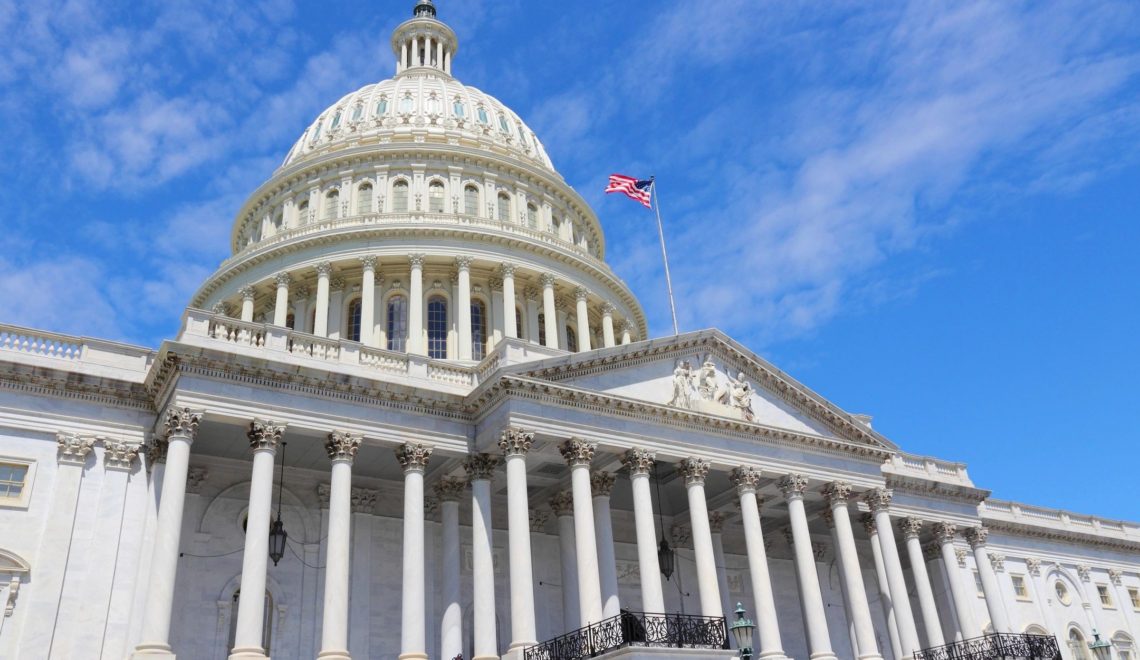America’s energy fortunes have certainly changed over the past dozen years or so. Just that recently, the nation’s ability to satisfy its oil and natural gas appetite at home was uncertain, and reliance on foreign supplies seemed likely to increase.
How times have changed! Today, the U.S. is once again a world leader in oil and gas production, even exporting oil for the first time in decades and gas for the first time ever.
This turnabout has happened as solar, wind and other forms of renewable energy gain ground in the U.S., as their costs decline. And combined with gas, they are forcing old coal and nuclear power plants to go out of business.
What have we learned from this shift in energy fortunes? And has U.S. energy policy kept pace with the changes?
In a new Columbia Energy Exchange podcast, I sought out Spencer Abraham, the U.S. secretary of energy from 2001 to 2005, when energy security was a dilemma for policymakers. In fact, Abraham remained worried about the nation’s energy outlook long after he left the Bush administration, writing a book in 2010 called “Lights Out” which warned that things could only get worse for producers and consumers.
Now, like many of us, Abraham looks back candidly at mistaken assumptions, and suggests where policymakers can learn from these lessons.
Have a listen, and let me know what you think.








